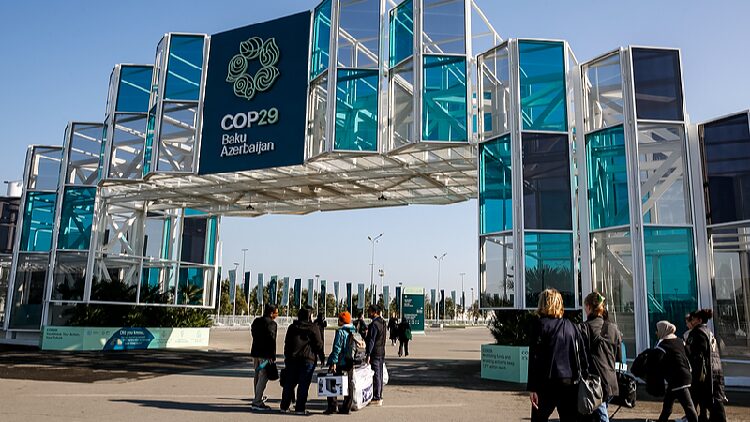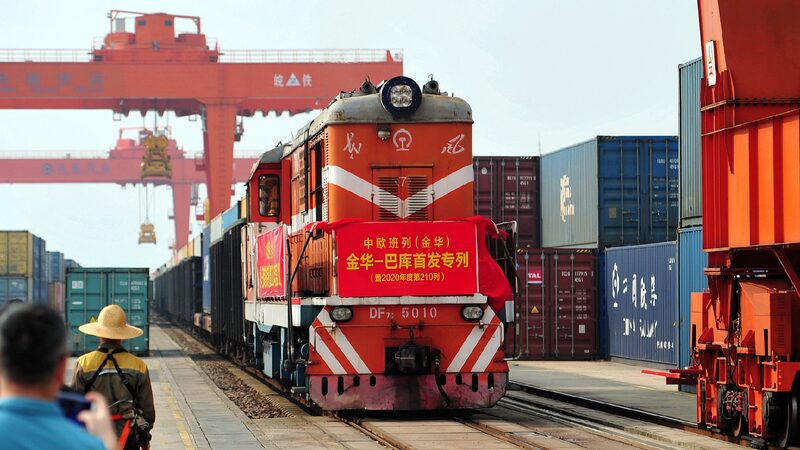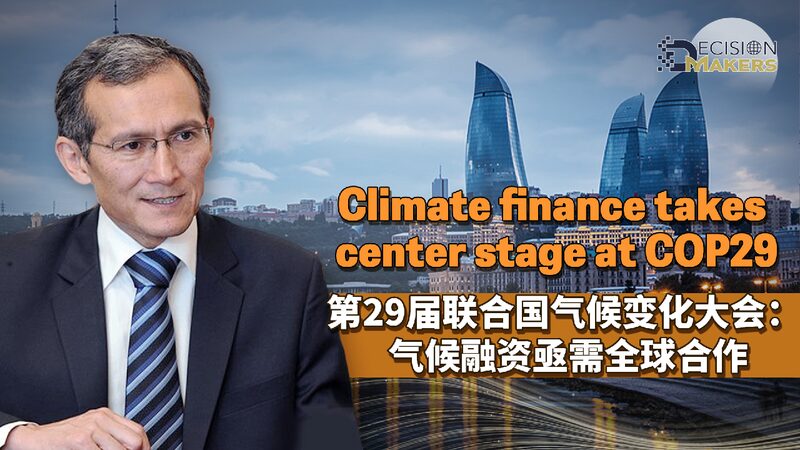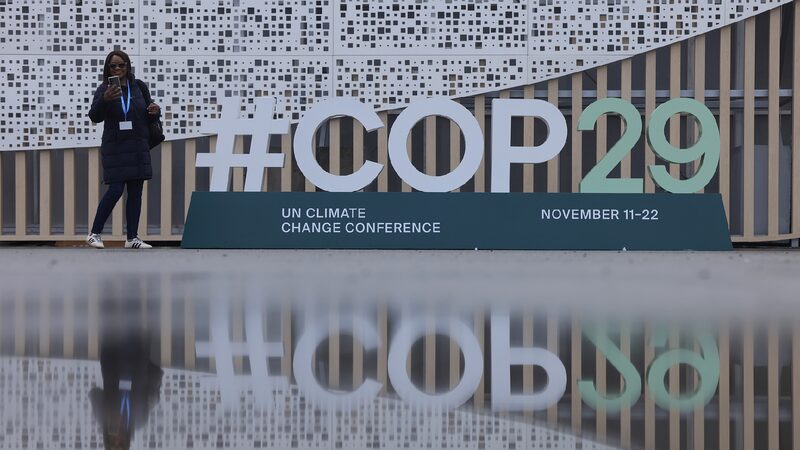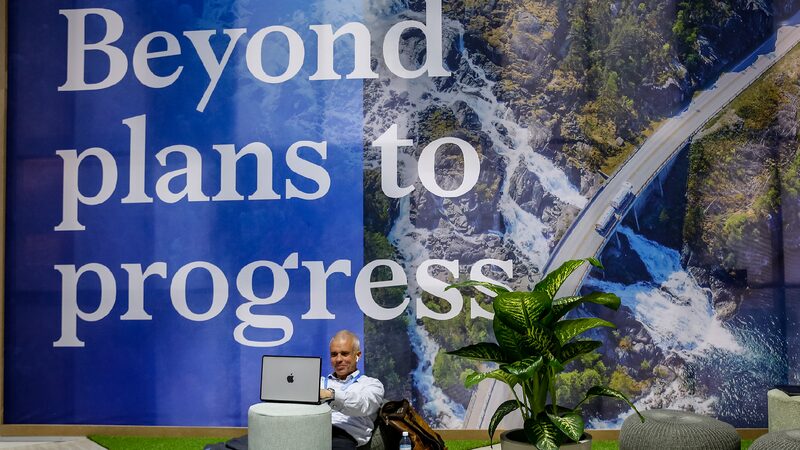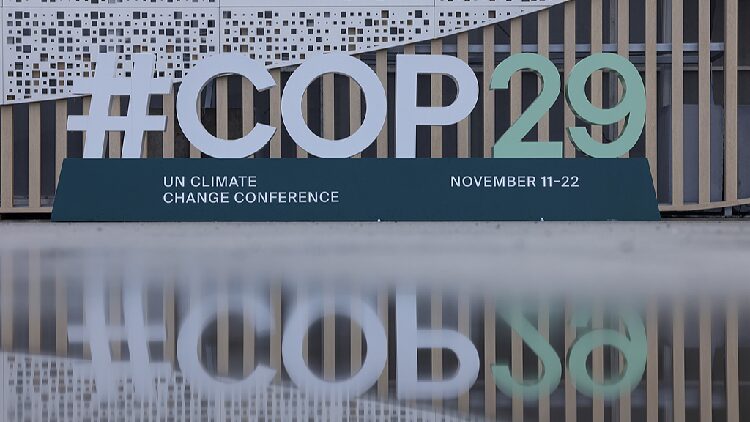At the 29th Conference of the Parties (COP29) in Baku, Azerbaijan, world leaders, policymakers, scientists, and activists gathered to tackle the escalating climate crisis. The key takeaway? Money alone isn’t enough to address the challenges we’re facing.
Climate Inequality
Communities in the Global South are bearing the brunt of climate change, despite contributing the least to greenhouse gas emissions. These regions grapple with severe weather events, resource scarcity, and threats to livelihoods like agriculture. This disparity highlights a stark reality: the world’s most vulnerable are also the least equipped to cope.
The Call for Climate Justice
At COP29, climate justice emerged as a pivotal theme. It’s not just about acknowledging historical emissions; it’s about ensuring fairness and providing the necessary resources—financial, technological, and institutional—for all nations to combat climate change effectively.
Nature’s Crucial Role
Natural ecosystems like forests and wetlands are vital allies in the fight against climate change. They act as carbon sinks, absorbing significant amounts of carbon dioxide. Regenerative agriculture, which restores soil health and boosts carbon capture, was highlighted as a key strategy for enhancing food security and resilience.
Is Money the Only Answer?
In 2009, developed countries pledged $100 billion annually to help developing nations combat climate change. While this goal was finally exceeded in 2022 with $115.9 billion mobilized, experts now estimate that around $1.5 trillion is needed each year. But simply throwing money at the problem isn’t sufficient.
As Selwin Hart, special adviser to the UN secretary-general, noted, “Countries representing two-thirds of the global population attracted just 15 percent of clean energy investments in 2023.” Structural gaps and market failures mean that financing often doesn’t reach those who need it most.
Beyond Financial Aid
Loans and financial aid aren’t always optimal solutions, especially for countries lacking access to advanced technology or robust infrastructure. Without the necessary support, these nations risk falling into debt or misusing funds due to limited capacity.
A Multifaceted Approach
COP29 served as a sobering reminder that combating climate change requires more than fundraising. It calls for a multifaceted approach that includes financing, technology transfer, capacity building, and international cooperation.
Learning from Collaborative Models
Examples of effective collaboration, such as sustainable development initiatives in Africa, demonstrate the importance of integrated efforts. By combining financing with technology transfer and knowledge sharing, these models offer pathways for vulnerable nations to build resilience and sustainable futures.
The Road Ahead
The global community must embrace strategies that go beyond financial commitments. Investing in technologies, building infrastructure, and fostering partnerships are essential steps toward achieving climate goals. Only by working together can we ensure fair, effective, and sustainable solutions for everyone.
Reference(s):
COP29's sobering reminder: Money alone can't address climate crises
cgtn.com
